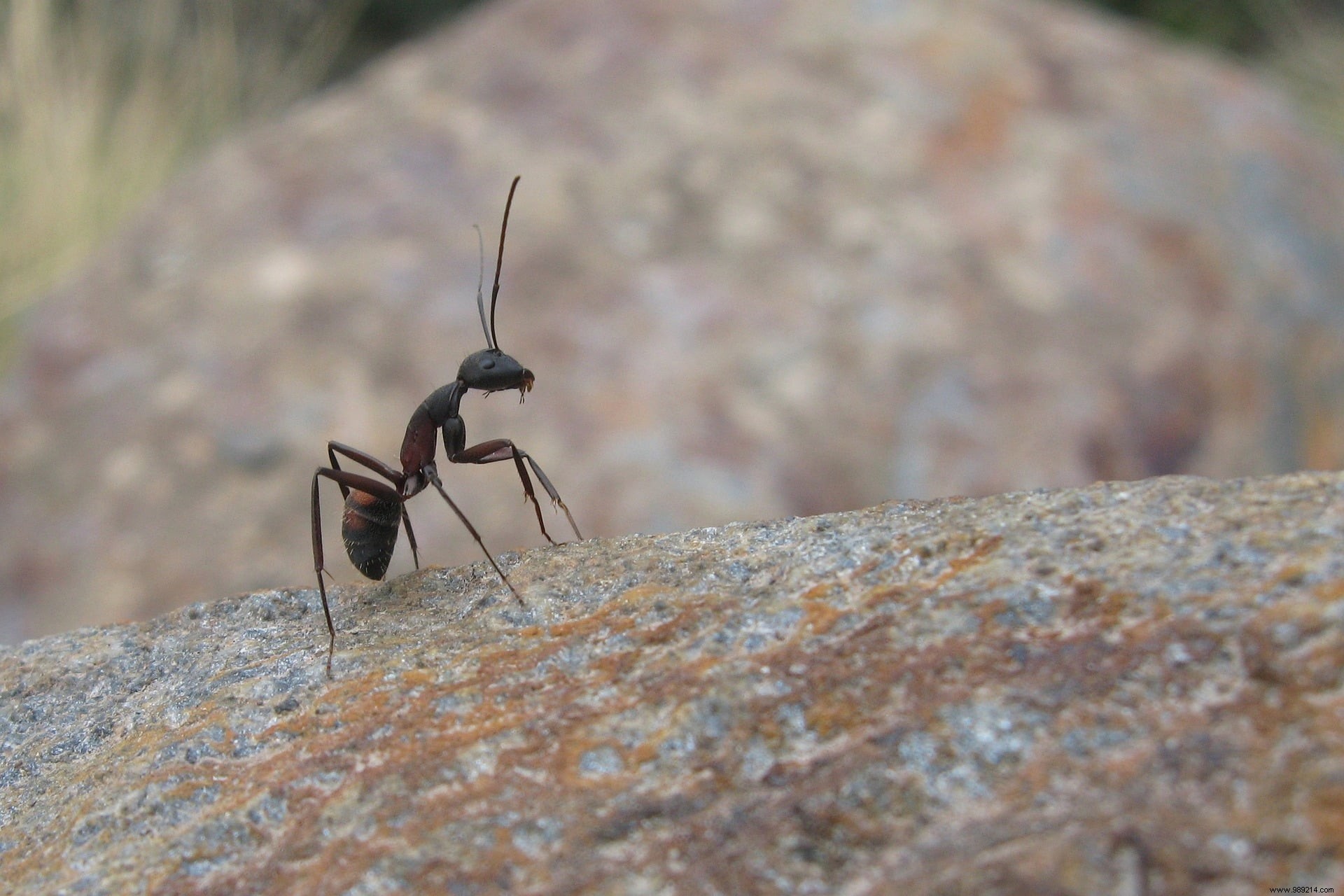Sniffer dogs are renowned for their powers of detecting cancer cells, but training them takes time. However, new research points out that ants can learn to identify them much more effectively after just thirty minutes of training. Details of the study are published in the journal iScience.
Cancer cells are known to develop certain specific characteristics. These include dysregulated energy metabolism, an ability to self-sustain with proliferative signals or by exploiting tumor-promoting inflammatory factors. Their metabolism then produces volatile organic compounds (VOCs) which can act as biomarkers for the diagnosis of cancer using for example gas chromatography or artificial olfactory systems.
However, the results of these analyzes are extremely variable. Most systems also need to be optimized or are still in the prototype stage. In contrast, millions of years of evolution have shaped the olfactory systems of several animal species capable of distinguishing between several complex odorous mixtures.
Dogs, for example, are recognized in this area. However, training our furry friends in associative learning paradigms remains expensive and time-consuming. In particular, the conditioning phase takes several months and hundreds of trials are necessary before the dog is operational.
As part of a study, a team of researchers was however interested in the powers of ants, which have nothing to envy to dogs in terms of abilities olfactory detection .
For this work, the researchers formed a European species (Formica fusca ) to detect cancer cells. To achieve this, they placed breast cancer cells in a petri dish with healthy cells. At first, a sweet treat was associated with cancer cells. Over successive trials, the ants became faster and faster at finding the treat. This indicated that they had learned to recognize the VOCs produced by cancer cells, using them as a beacon to guide themselves to the sugar.
After conducting this trial three times, the researchers repeated the experiment without adding sweetness. They then pointed out that the insects continued to distinguish cancerous cells from healthy cells . These ants thus remembered the smell of these cells and the previous association with the treat.

The researchers then subjected the ants to the same training protocol, but this time including two different types of breast cancer cells. One of these two cell types was accompanied by a treat and the other was not. Once again, the ants quickly learned to move directly towards the cancer associated with the reward. In other words, the insects were also able to distinguish between different types of cancer based on the unique pattern of volatile organic compounds emitted by each.
In summary, ants would thus be able to perceive the presence of cells in an environment, to differentiate cancerous volatile organic compounds from non-cancerous ones and to differentiate two cancerous samples according to the COV, all after just a few minutes of training.
Obviously this is just the beginning. Large-scale clinical trials will be needed to determine whether or not ants can reliably diagnose cancer in real patients. However, based on these observations, the authors conclude that using ants as living tools to detect biomarkers of human cancer would potentially be "feasible, rapid and less laborious than the use of other animals “.